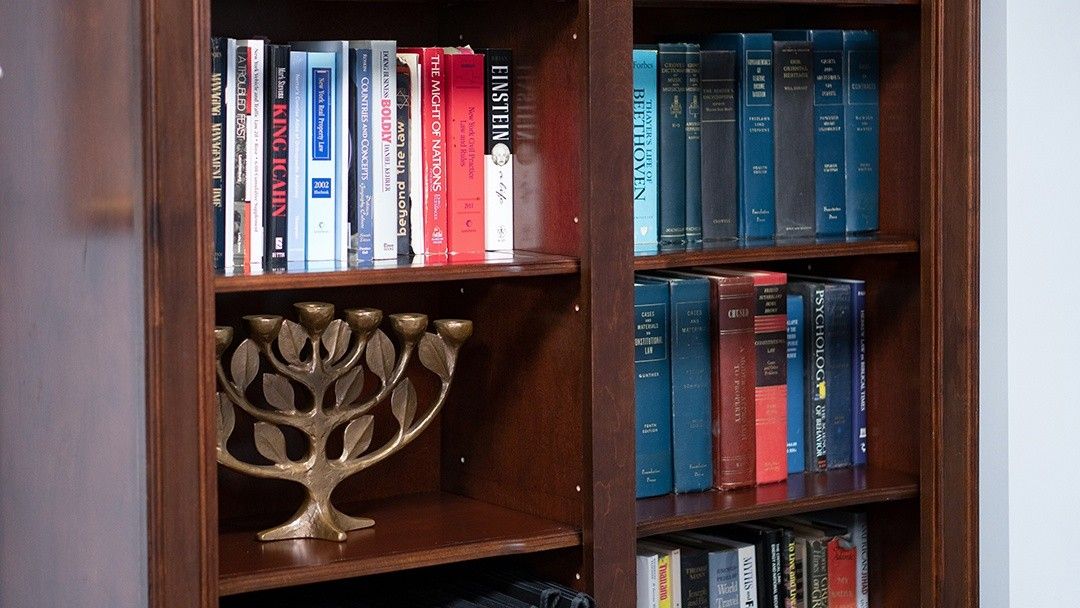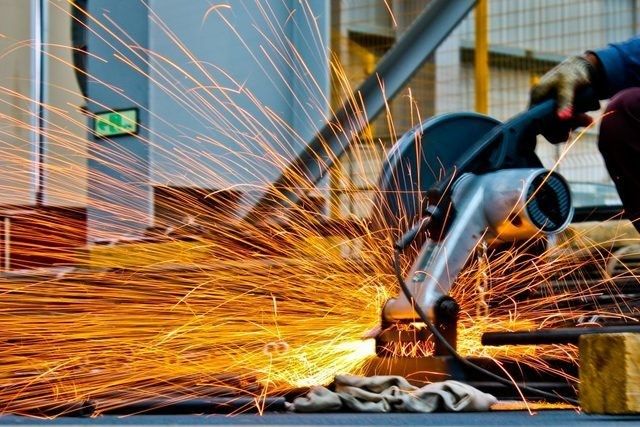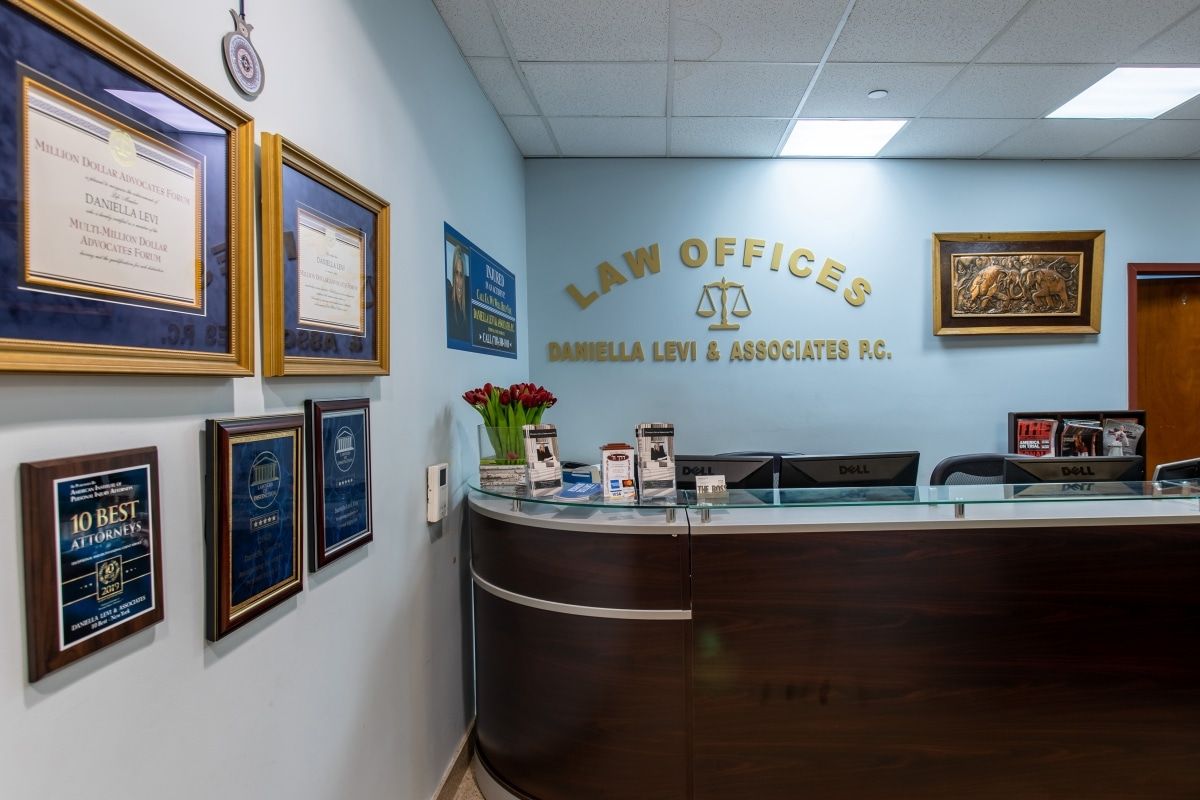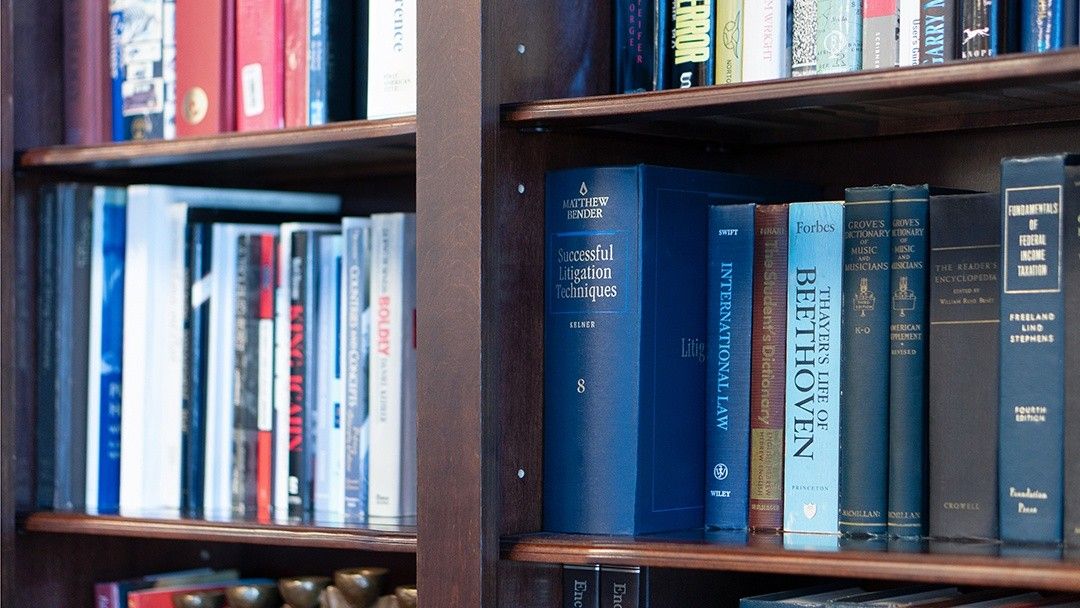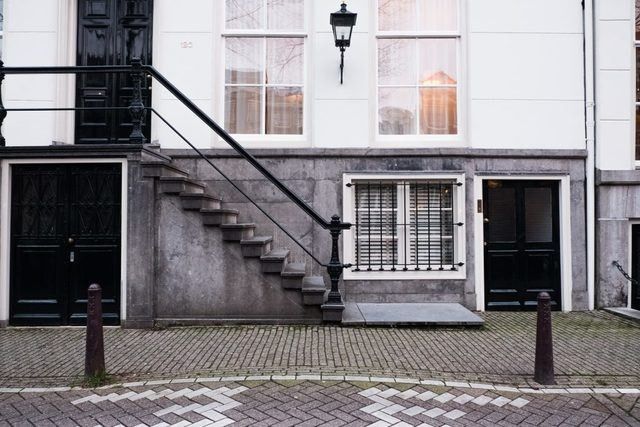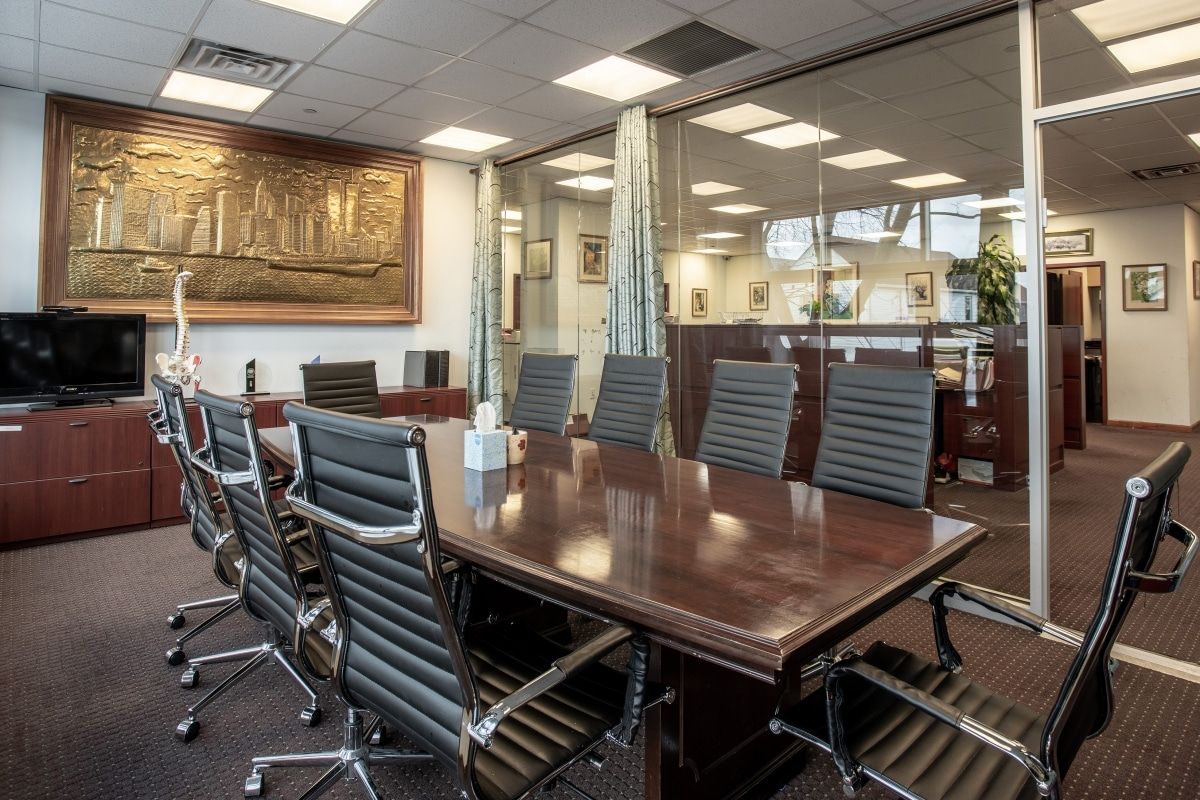Retail Establishment Slip-and-Fall Injuries in NYC
Slip-and-fall injuries at retail establishments
New York residents who have been injured while shopping at a store may be interested in the law surrounding premises liability. Depending on the actions or inaction of the store owner, they may have been negligent in leaving the hazardous area unattended. Whether caused by a wet floor or a torn carpet, slip-and-fall injuries are a common type of claim by shoppers. A person who is injured due to a slip and fall at a retail store may be able to file a premises liability claim against the store owner.
A store owner must take reasonable care that the premises are safe from potentially injurious hazards. This means that they have to remove any items that have fallen on the floor, clean up any spills within a reasonable time and fix any broken stairs and other objects in the store that could cause injury. To prove that the owner has not met this standard of care, evidence must show that the owner knew or should have known about the hazard. The injured party must also prove that there were not regular inspections and maintenance of the store and that the injury would not have occurred if the standard of care was met.
Owners may present defenses such as denying that the hazardous condition existed in the store or that it did not directly cause the injury. They may present evidence that they regularly inspected the premises. An obvious and avoidable hazard may in some cases not give rise to liability.
Navigating the complexities of a premises liability case can be difficult without the guidance of an attorney who can assess a person’s case and decide whether legal action is appropriate. If a lawsuit is advisable, the attorney can assist in determining the scope and range of damages to ask for.
Source: Findlaw, “Slip and Fall Injuries“, December 29, 2014

